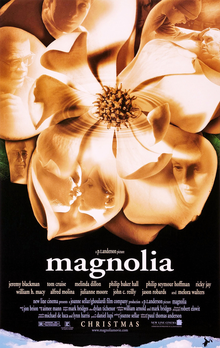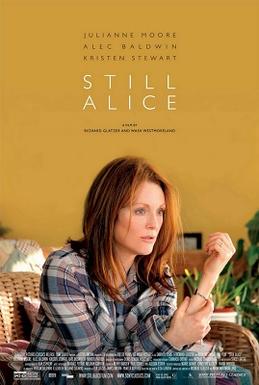 |
| Clive Owen in Children of Men |
Theo Faron: Clive Owen
Julian: Julianne Moore
Jasper: Michael Caine
Kee: Claire-Hope Ashitey
Luke: Chiwetel Ejiofor
Patric: Charlie Hunnam
Miriam: Pam Ferris
Syd: Peter Mullan
Nigel: Danny Huston
Marichka: Oana Pellea
Ian: Phaldut Sharma
Tomasz: Jacek Koman
Director: Alfonso Cuarón
Screenplay: Alfonso Cuarón, Timothy J. Sexton, David Arata, Mark Fergus, Hawk Ostby
Based on a novel by P.D. James
Cinematography: Emmanuel Lubezki
Production design: Jim Clay, Geoffrey Kirkland
Film editing: Alfonso Cuarón, Alex Rodríguez
Music: John Taverner
George Lucas did something shrewd when he prefaced his first
Star Wars movie in 1977 with the phrase "A long time ago in a galaxy far, far away." Deliberately echoing the formulaic "Once upon a time," Lucas emphasized the fairy-tale essence of his science-fiction fable. But other creators of science fiction haven't been so careful, or perhaps have been more insouciant. George Orwell's
1984 was written in 1948, and all Orwell did was set the novel in a year that inverted the last two digits of the year of its completion. He wasn't presenting a literal forecast of actual life in the year 1984, he was serving as a prophet of what was actually present and nascent in his own time: totalitarianism and pervasive invasion of privacy. So 32 years later, we still find an uneasy resonance of Orwell's book in our own times. Similarly, when Stanley Kubrick and Arthur C. Clark teamed to write the screenplay for
2001: A Space Odyssey (Kubrick, 1968), they weren't necessarily predicting deep exploration of the solar system and encounters with mysterious monoliths -- though I rather suspect they were hoping for at least the first -- but rather speculating on the origins of human nature and consciousness and their relationship to artificial intelligence. Similarly, the dystopian world of
Blade Runner (Ridley Scott, 1982), populated by replicants and traversed by flying cars, is supposedly set in 2019 -- a year now close at hand -- but is also centrally concerned with the nature of humanity in a corporate capitalist society. What I'm getting at is that sometimes science fiction writers and filmmakers distance themselves as Lucas does from any notion that they're commenting on the "real world," but sometimes embrace a specific foreseeable date, with a view to making either a prediction of the way things will evolve or a comment on the problems of their own day. This is why I find Alfonso Cuarón's
Children of Men such a puzzling film. It gives us a dank dystopian London that resembles the dank dystopian Los Angeles of
Blade Runner, and it sets it in a specific time, the year 2027, a world in which human beings stopped bearing children 18 years earlier: i.e., in the year 2009 -- only three years after the film was made. But unlike
Blade Runner, it doesn't seem to be telling us anything specific about either a predicted future or the way we lived then. It's a very entertaining film, full of violent action and suspense, with some wizardly work by Oscar nominees cinematographer Emmanuel Lubezki and editors Cuarón and Alex Rodríguez. The way they handle the film's much-praised long-take sequences, aided by special effects to give the sense of complex action taking place in a single traveling shot, is exceptional -- anticipating Lubezki's work in making the entirety of
Birdman (Alejandro González Iñárritu, 2014) seem to be a continuous take. There are also fine performances by Clive Owen, Julianne Moore, Chiwetel Ejiofor, Clare-Hope Ashitey, and the inevitably wonderful Michael Caine. But what is at the core of the film? Why does the failure of humankind to reproduce precipitate the worldwide cataclysm that the movie presents us? We have fretted so long about overpopulation that it would seem a blessing to have at least a pause in it, in which the world's scientists might take time to resolve the problem, or at least to discover the reason for the widespread infertility. Instead, we have a story that's largely about the mistreatment of immigrants. Why would non-reproducing immigrants, in a world with a declining population and therefore less pressure on natural resources, be a problem? Is it possible that this film, based on but radically altered from a novel by P.D. James, is promoting the extreme "pro-life" view, not only anti-abortion but also anti-contraception? Or is it simply that, as one character puts it, "a world without children's voices" is inevitably a terrible place? The film's failure to suggest a larger context for its action seems to me to by a weakness in an otherwise extraordinary film.
.jpeg)



























